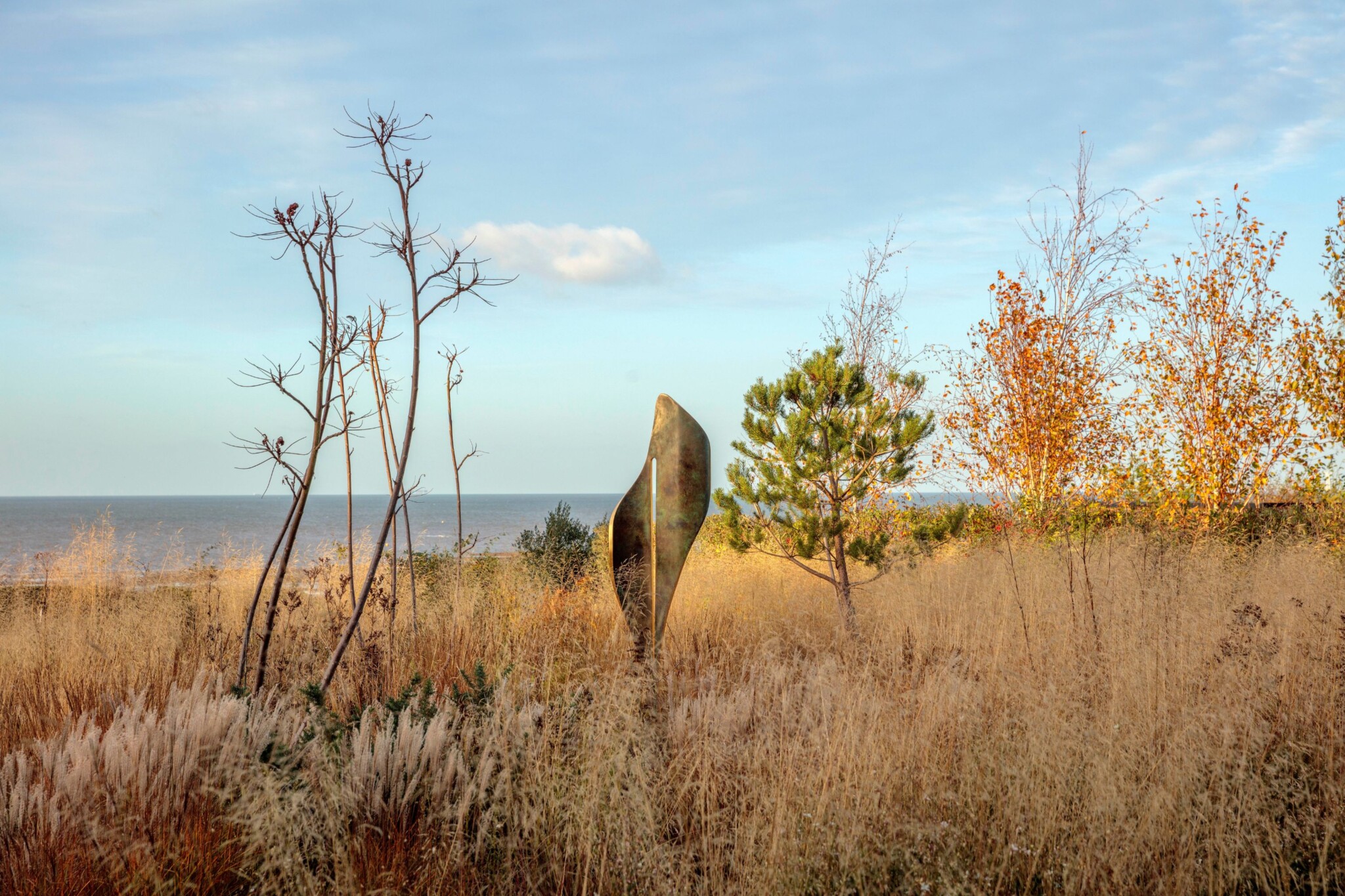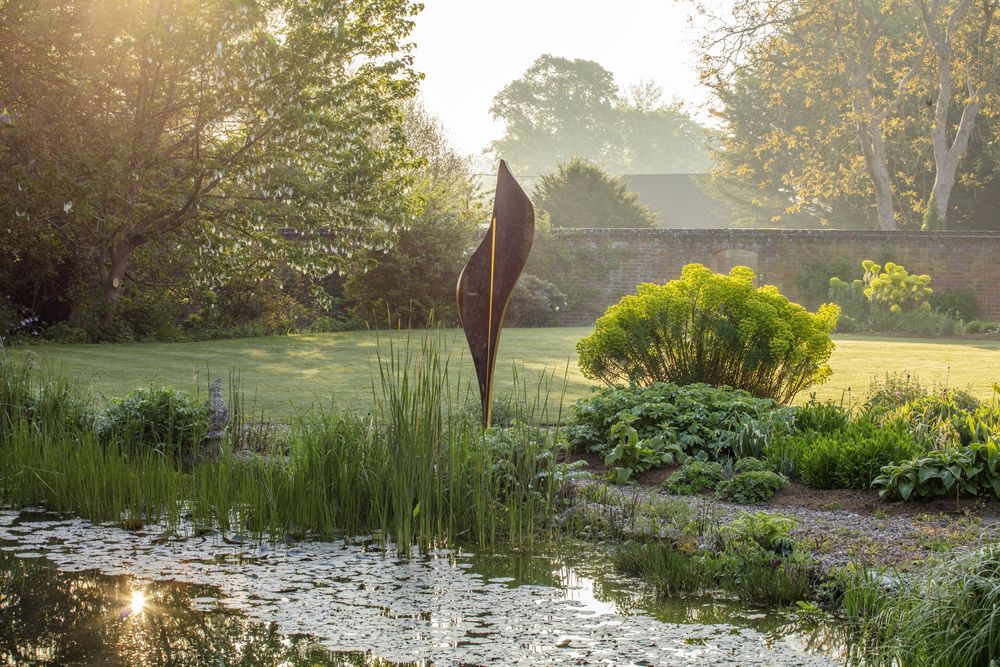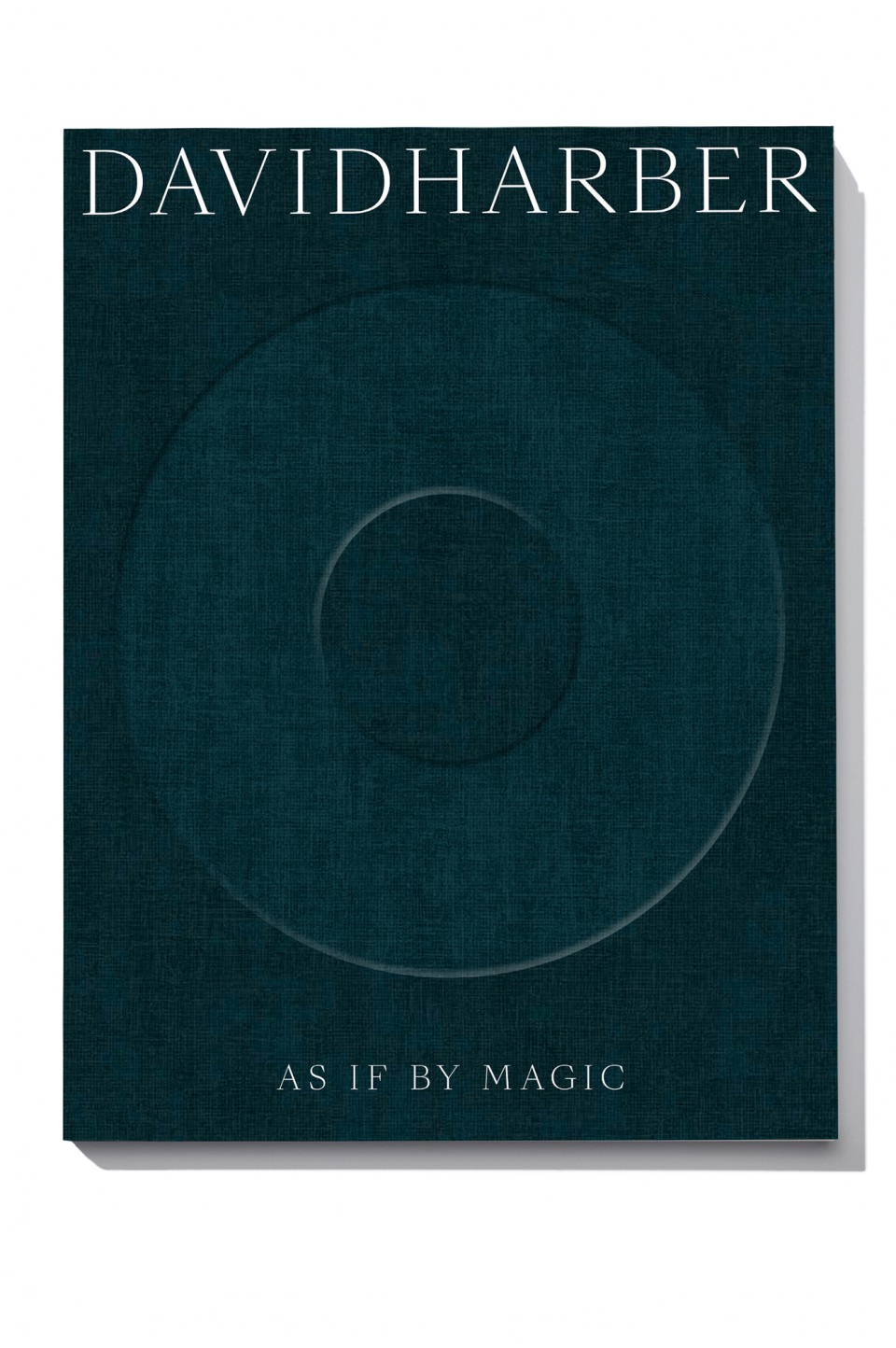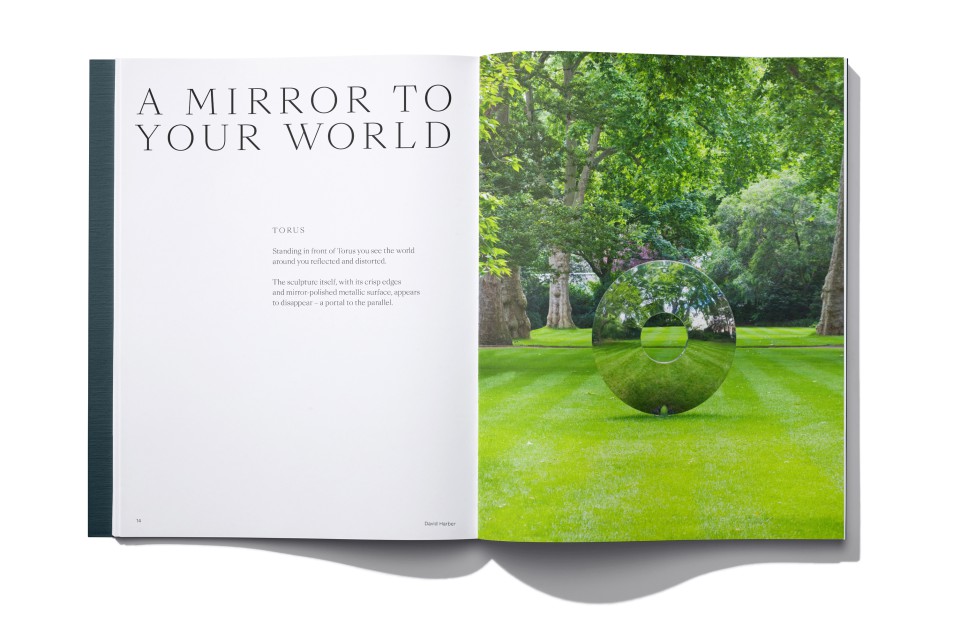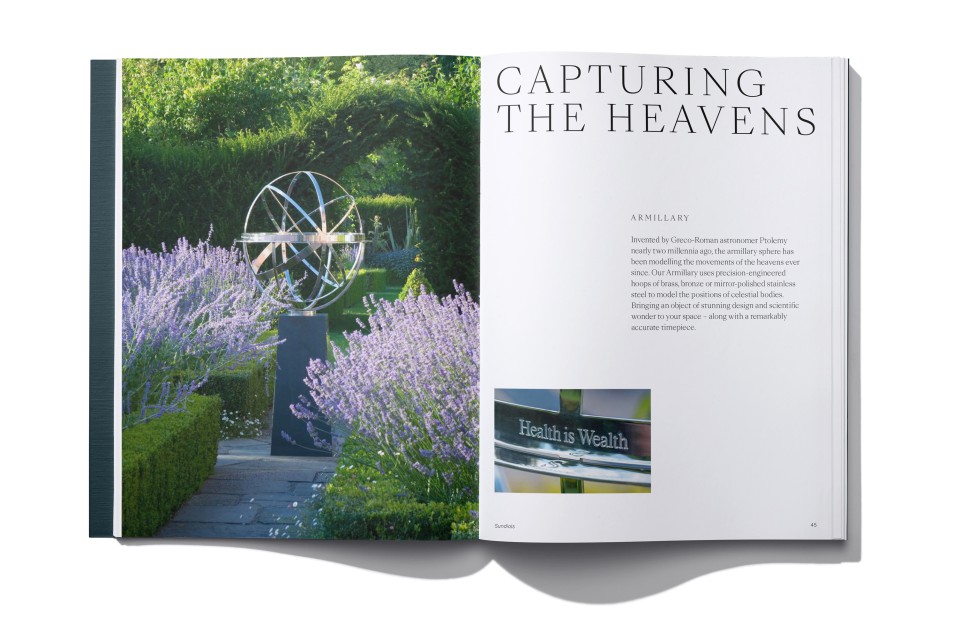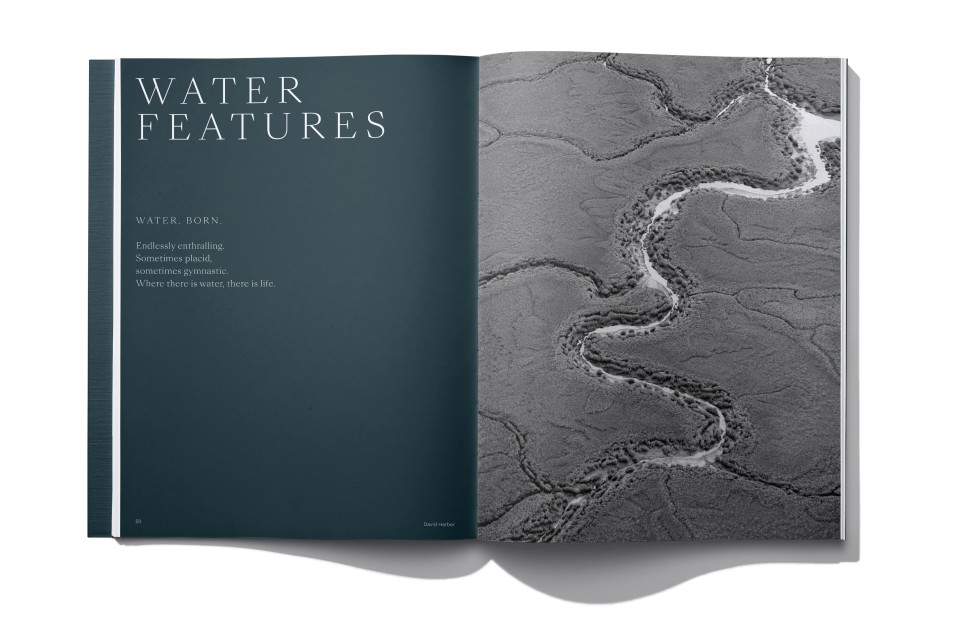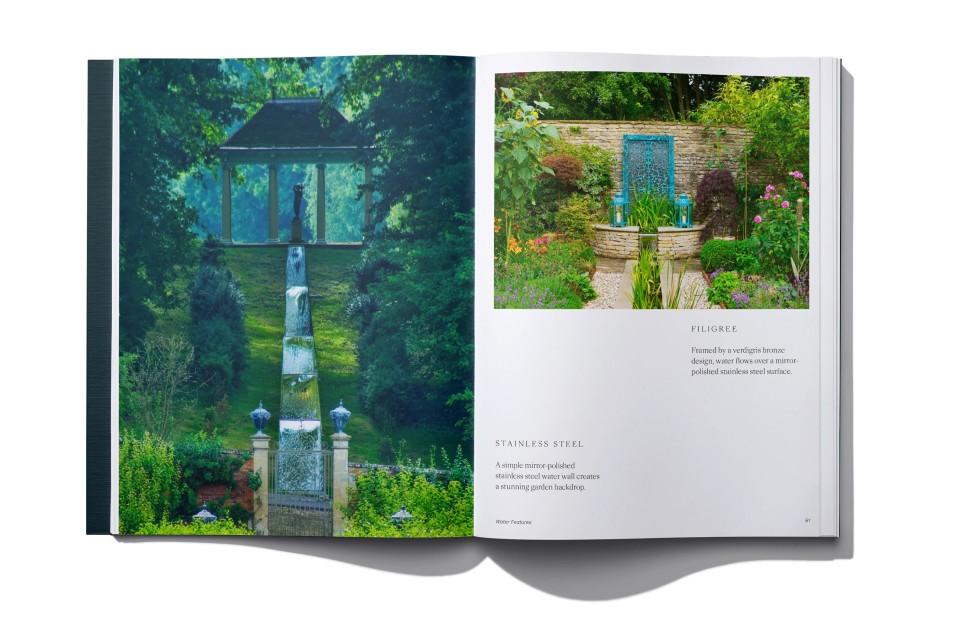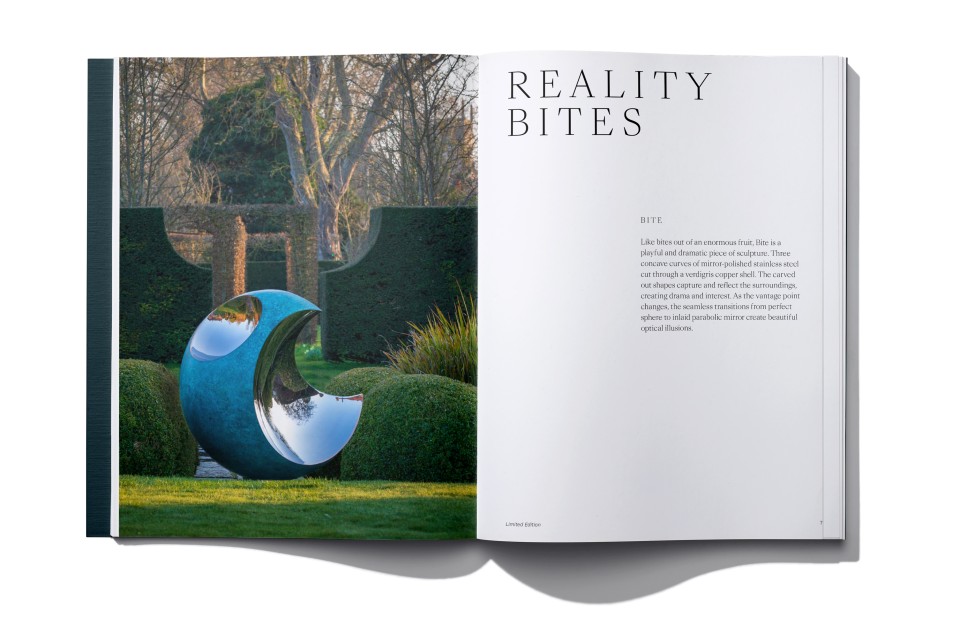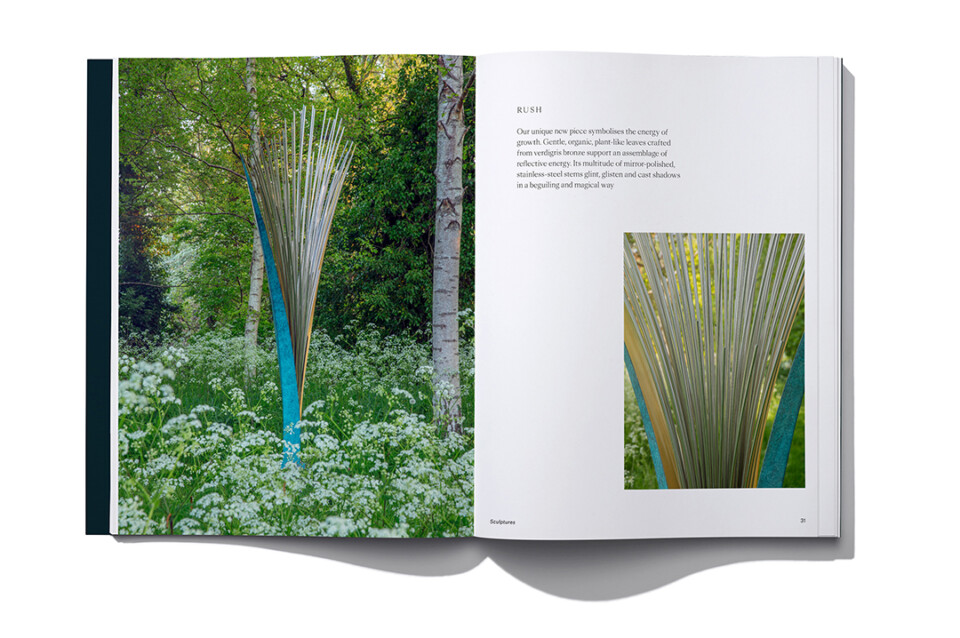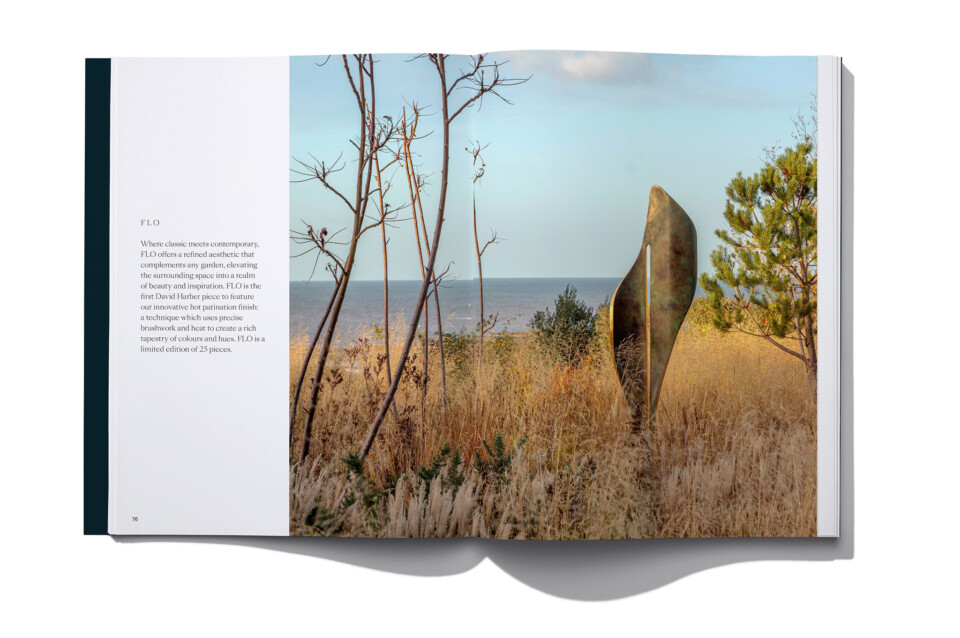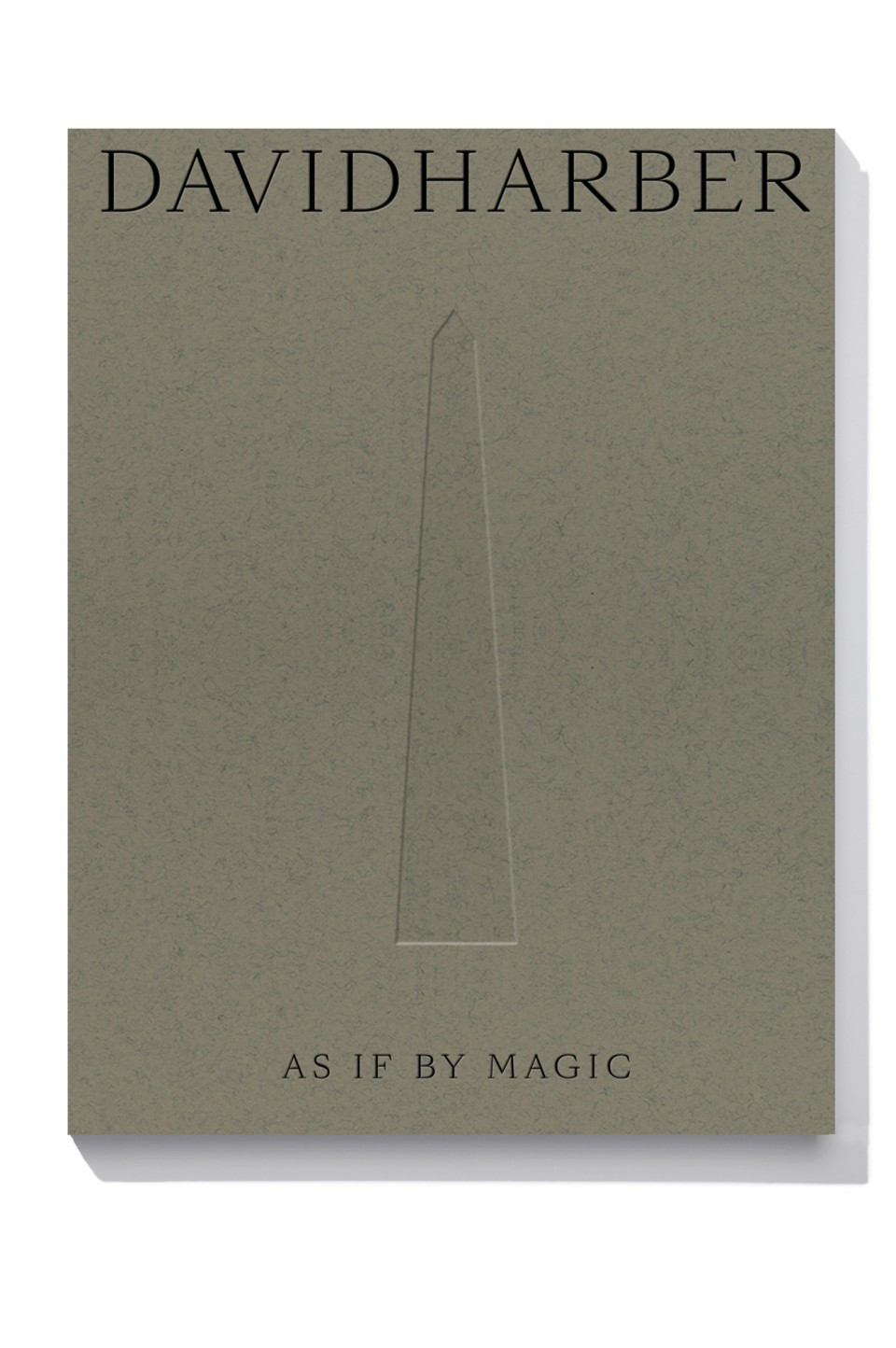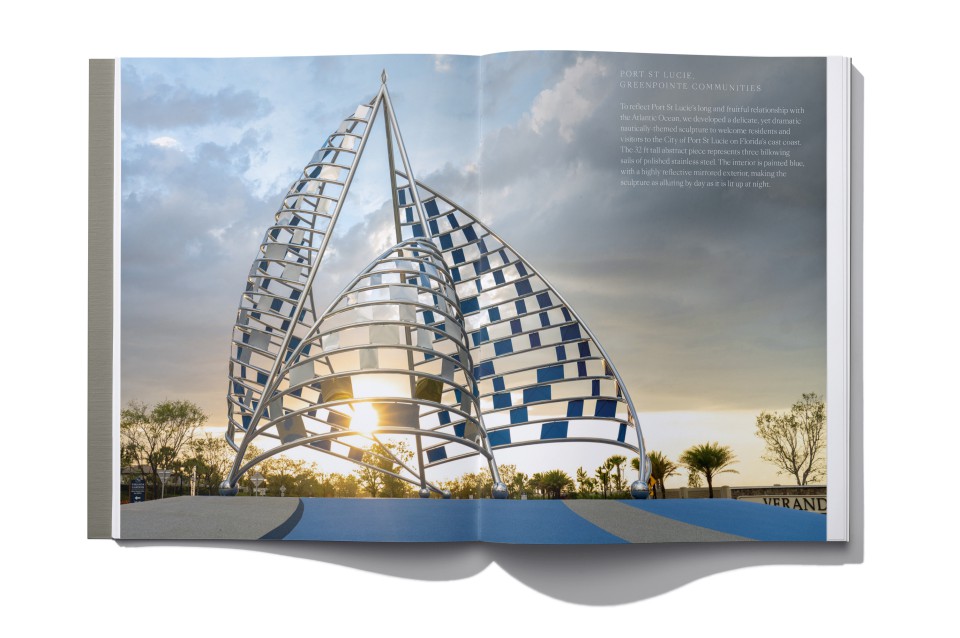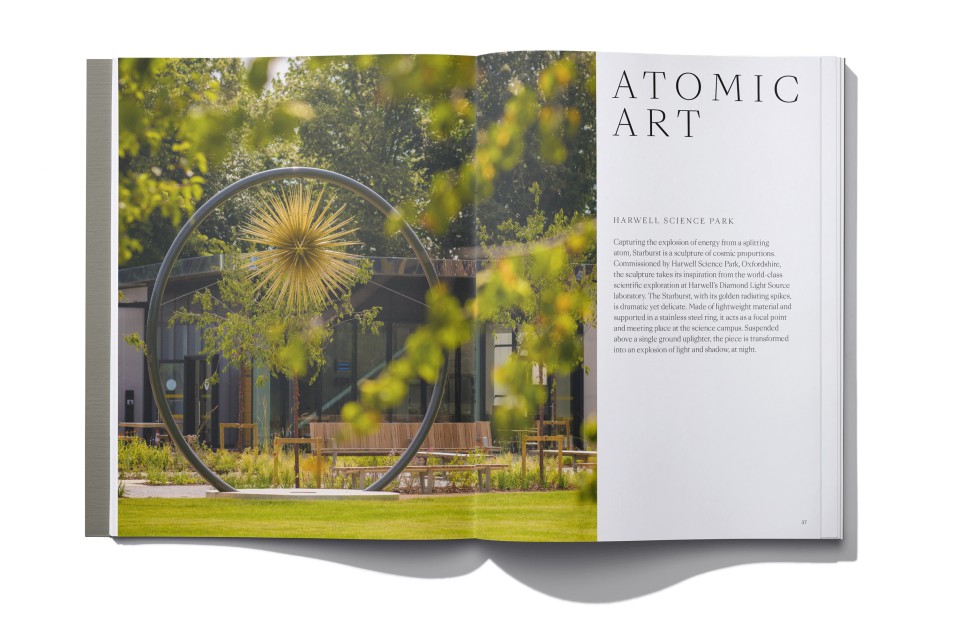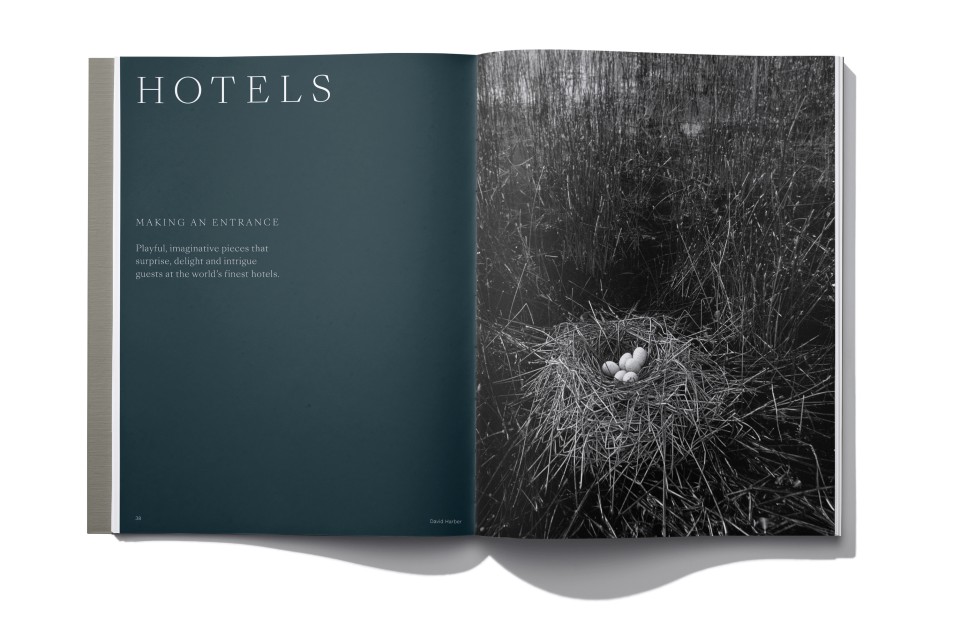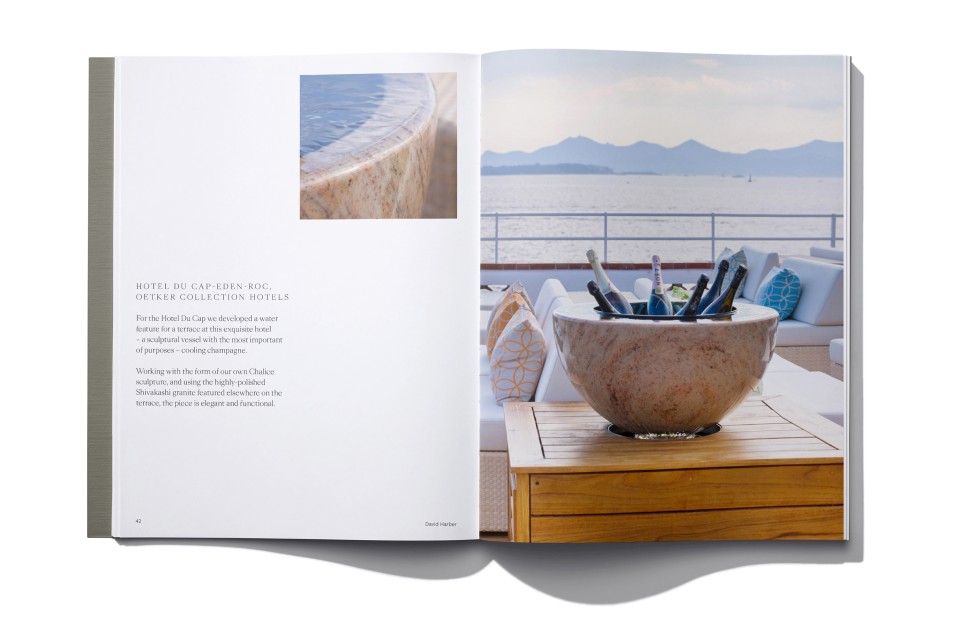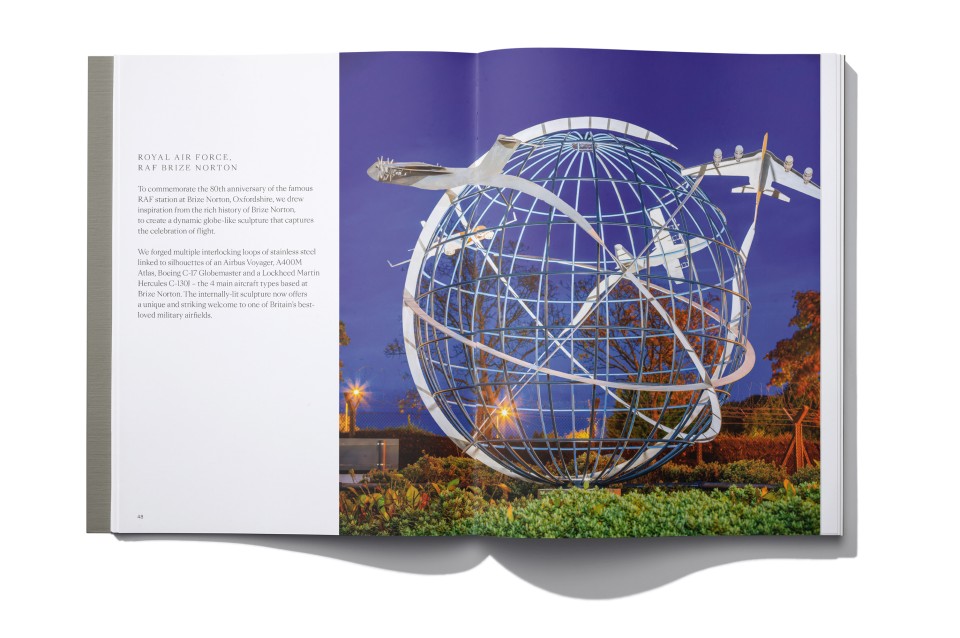How To Commission A Sculpture Successfully
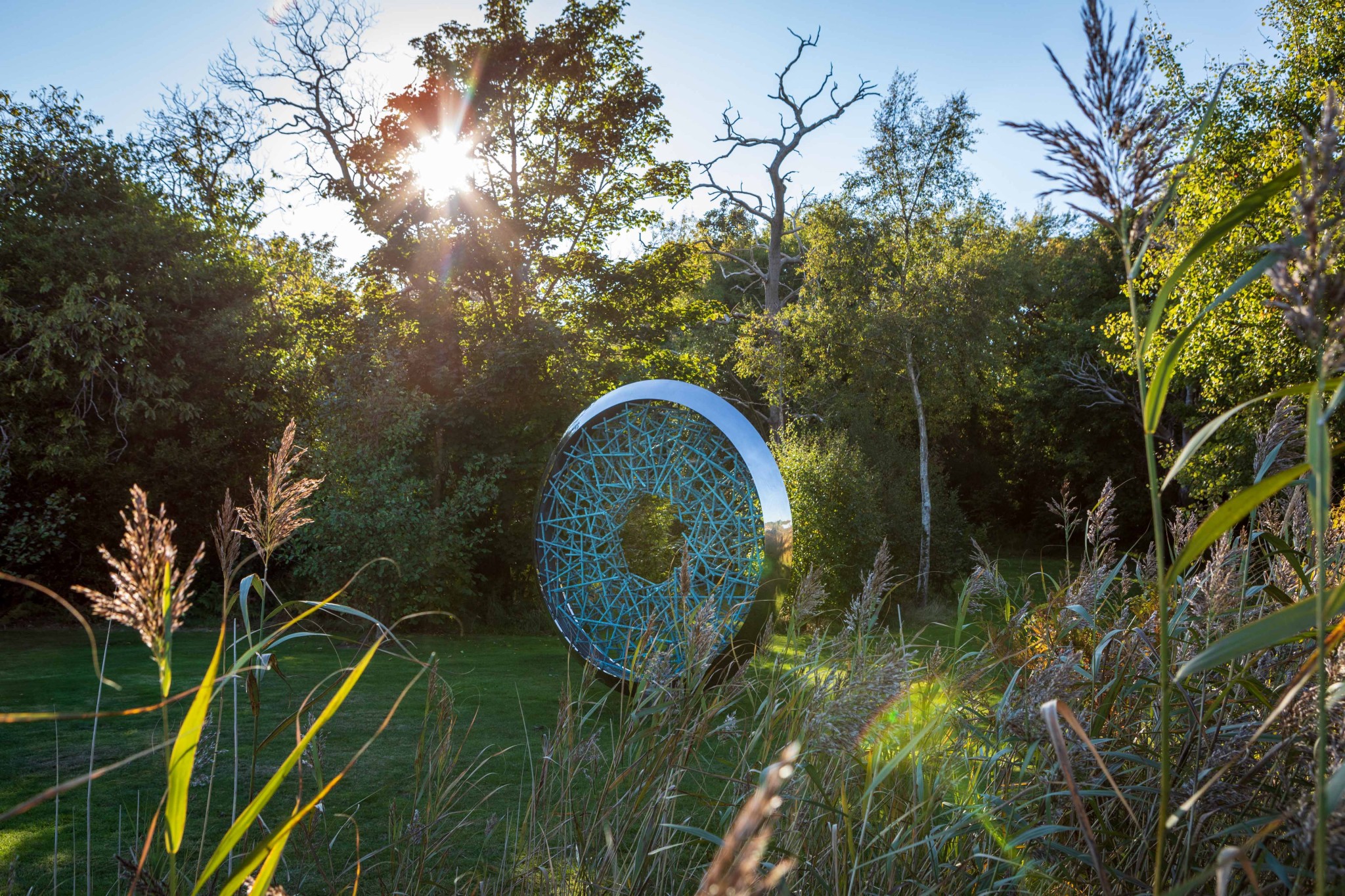
A sculpture commission is an exciting opportunity to create a bespoke artwork that reflects your unique vision, style and story. Whether you’re seeking to celebrate a personal milestone, enhance a public space, or add a touch of timeless elegance to your garden or home, the process of commissioning your own design enables you to collaborate with an artist you love, while bringing your idea into reality.
A commission builds a connection between your inspiration and the creative expertise of the designers and craftspeople you choose to work with. However, ensuring your sculpture commission is successful requires thought, planning, and clear communication from both sides.
Whether you’re unsure of the commissions process, seasoned in art commissions or new to the world of bespoke sculpture, this guide will walk you through what factors you should consider when commissioning a custom sculpture, from defining your concept and budget to understanding timelines and aftercare of your finished piece.
What is the process for commissioning a bespoke sculpture?
Bespoke sculptures are the result of deep collaborations made in careful response to the people and spaces they’re destined for. At David Harber, we take our clients on a journey of discovery and creativity to create an individual piece they’ll love for years to come.
Discovery
The process always begins by understanding your needs and the place in which the piece will live, as well as talking together to consider different forms and materials. Sometimes a bespoke creation will draw inspiration from a Classic piece, evolving and developing it just for you. At other times we collaborate to create a concept borne out of shared ideas and imagination.
Design
We then take the ideas and inspiration gathered during our initial conversations and create three concepts to consider and discuss.
Development
Once a design route is chosen, we move to the development and installation of the piece. Our priority is making sure it stays true to the creative designs while meeting engineering, safety and practical considerations. We maintain communication throughout to keep you involved in the process at every stage.
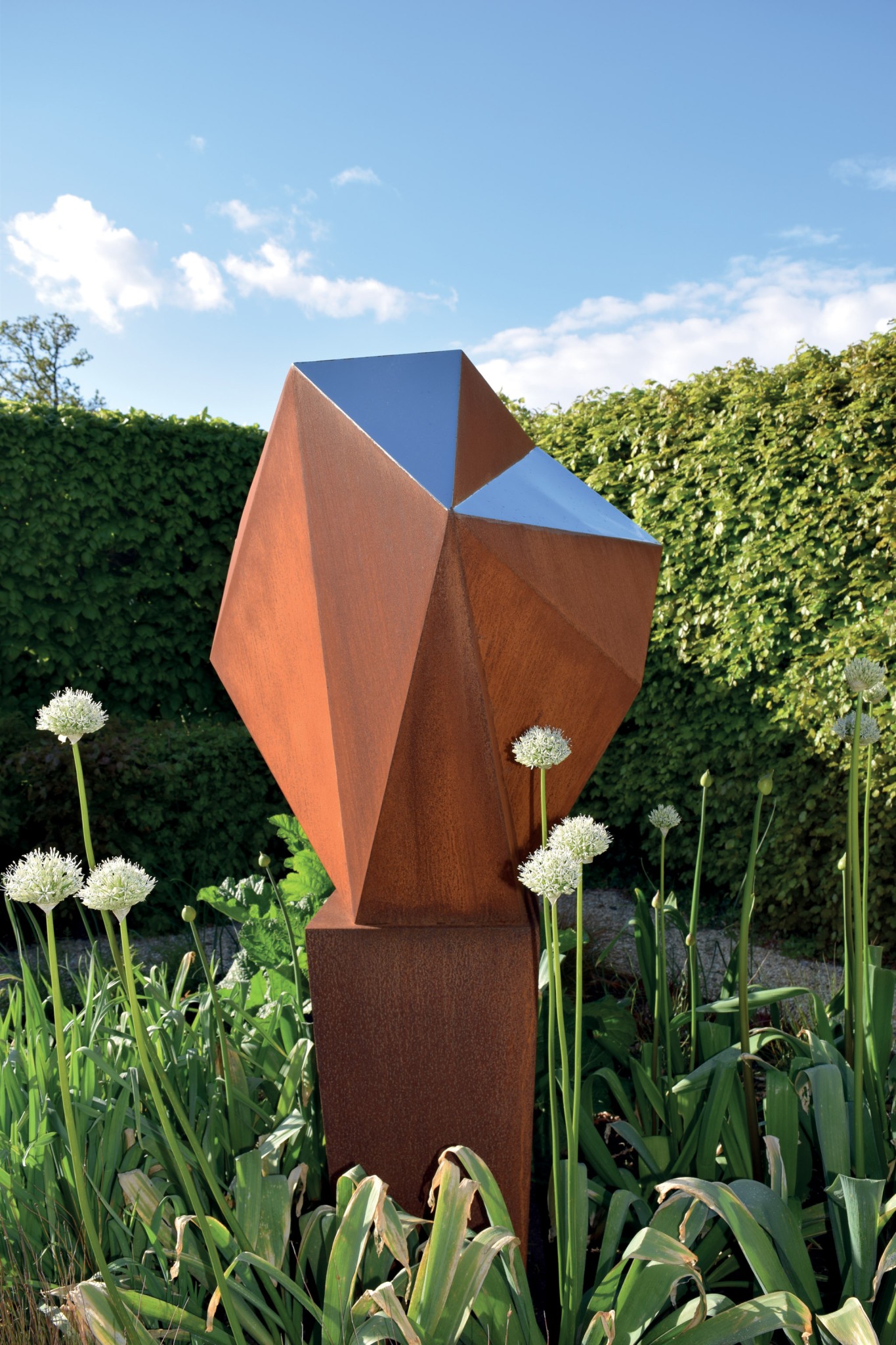
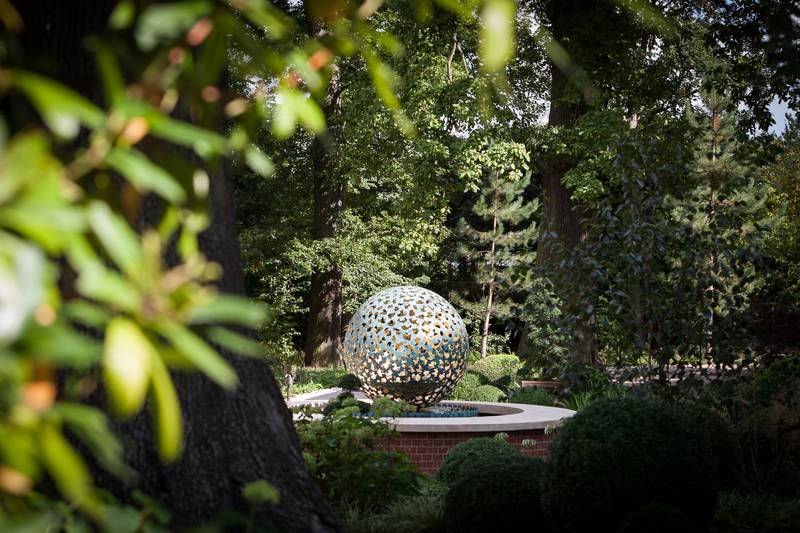
What factors should I consider when commissioning a custom sculpture?
We’ve listed a few questions to ask yourself before you start the commissioning process.
What is the purpose of your sculpture?
When commissioning a sculpture, it’s essential to consider its purpose and how it will complement its surroundings. Is the piece intended to serve as a focal point in your garden, drawing attention to or anchoring the design? Or perhaps you’d like it to harmoniously blend into the landscape, enhancing the overall aesthetic with a quiet elegance. Understanding the purpose will guide decisions about size, style and placement.
For example, a bold statement piece on a plinth can create a striking centrepiece and spark conversation, while a more understated sculpture or water feature can work with the planting to encourage quiet contemplation.
If you’re considering commissioning a sculpture as a piece of public art, the purpose extends beyond individual enjoyment as shared experience, and the effect the piece has on its community becomes important.
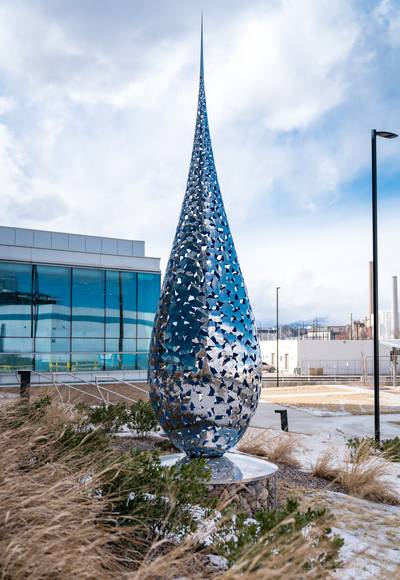
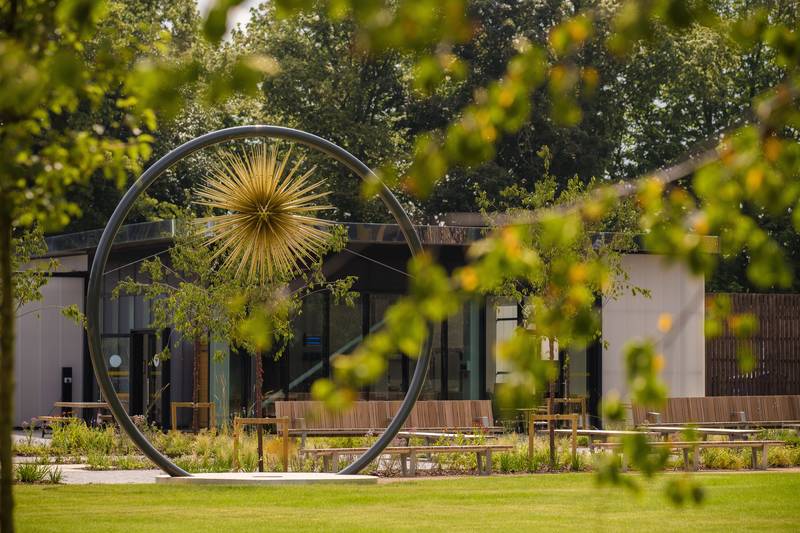
How do you select the right material for a sculpture?
Selecting the right material for a bespoke sculpture is crucial in achieving the desired aesthetic, durability and overall impact of the finished piece. Understanding how each material interacts with its environment ensures that the sculpture not only stands the test of time but also matures beautifully.
Bronze
Bronze sculpture is a popular choice due to its timeless appeal and ability to develop a rich patina through natural or controlled patination techniques, enhancing its depth and character over time.
Stainless Steel
Alternatively, stainless steel offers a sleek, contemporary look and has a high resistance to corrosion making it ideal for sculptures destined for coastal areas. Our mirror-polished, stainless-steel sculptures reflect their surroundings, expanding and distorting nature into new artistic compositions.
Stone
David Harber also works with natural stone and Welsh slate as we love the tactility of the material and natural uniqueness. From polished black pebbles to white, textured Carrera marble, we work with a stunning variety of natural materials to suit every style and space.

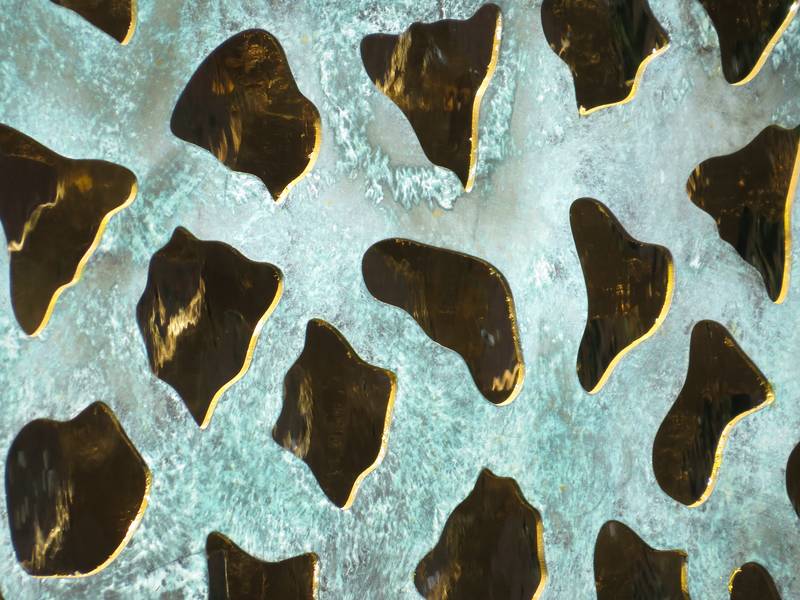
How-to find the right artist for your bespoke sculpture
Before commissioning a bespoke sculpture, you need to find an artist you love. This requires careful research. If you already have an artist in mind, start by reviewing their portfolio of work to assess their style, craftsmanship and experience in creating unique or limited-edition sculptures.
Then, arrange a consultation to discuss your ideas, materials and their creative process. This will help determine whether you feel you can strike up a good working relationship with them. If you’re not sure where to start with searching for a sculptor; visiting gardens, events or sculpture shows where their work is displayed will provide you with inspiration and valuable insight into how their pieces interact with different environments.
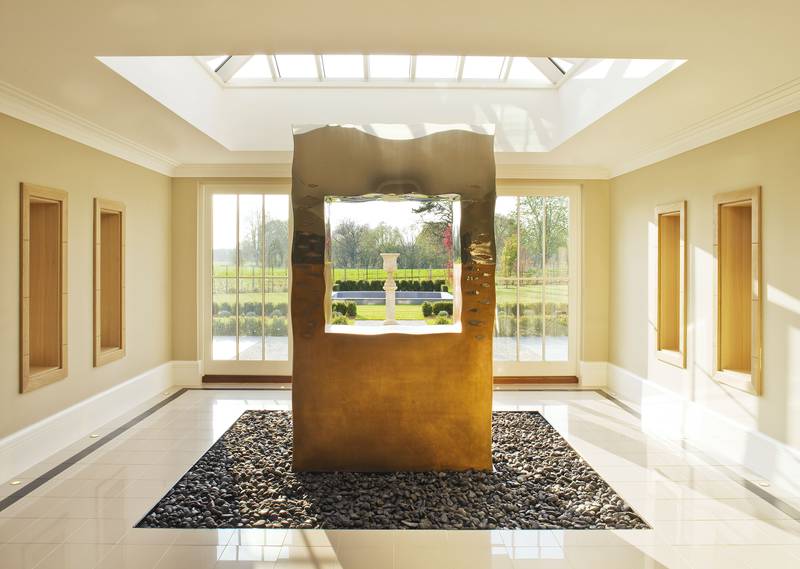
Consider the design of the space and your personal style
It’s essential to consider both your personal style and the space where the piece will be displayed. Whether you envision a modern sculpture, a wildlife sculpture, a portrait sculpture with personal significance, or a life-size statement piece, the design should complement its surroundings.
Exterior sculpture
Outdoor sculpture is an artistic tool to draw the eye or serve as a beguiling focal point. Think about how the sculpture will interact with natural elements such as light, foliage and the surrounding landscape.
Interior sculpture
For interior settings, consider how the piece will enhance the room’s aesthetic. By aligning the sculpture’s design with your environment and artistic preferences, you can create a memorable, meaningful, and visually striking piece.
Think about timescales and budget
Before commissioning a sculpture you should consider your budget and when you’d like to have your finished piece installed. Bespoke designs can take up to 40 weeks to produce. They require time for design, material selection, production and finishing, so discussing deadlines with the artist early in the process helps establish realistic timeframes and financial expectations. When you have an initial conversation with David Harber, we cover all possible costs to give you as accurate an estimate as we can.
Ongoing maintenance and aftercare
It’s important to consider ongoing maintenance and aftercare of a finished piece. Some materials require little intervention as they’ll develop a natural, rich patina over time. Other sculptures, particularly those made from mirror-polished stainless steel will need a bit more attention to keep the reflective surface clear from dirt and grime. If you’re considering commissioning a custom water feature, these do require regular maintenance to avoid algae build-up. David Harber provides all its clients with a clear Maintenance Manual to ensure their bespoke designs remain looking their best
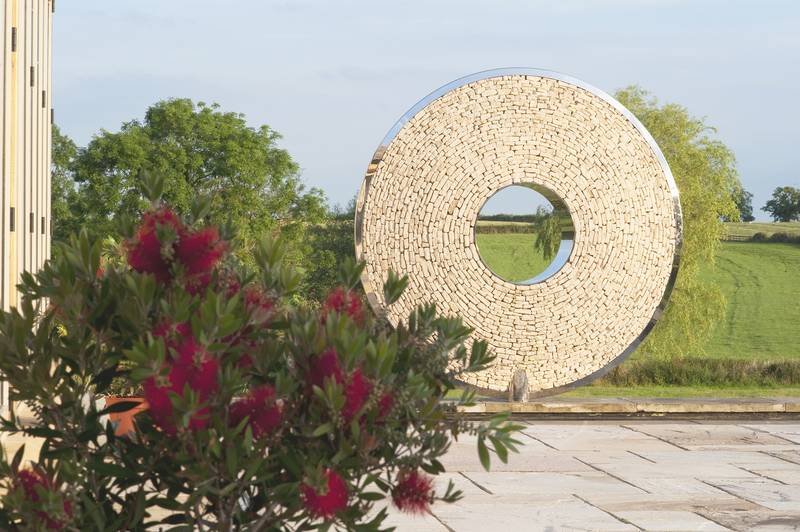
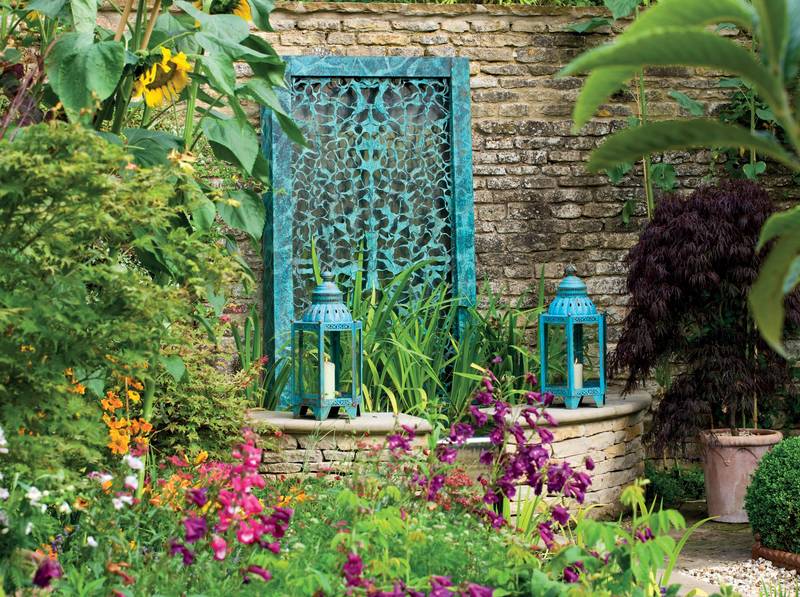
Book a consultation with David Harber
The whole process of commissioning a sculpture takes time. Working with experienced and creative studios such as David Harber will ensure it runs smoothly and you’ll enjoy it! After all, you’re creating a stand-out, unique piece to last a lifetime. Start a conversation with us today by emailing enquiries@davidharber.com.
Get in touch
Whether you’ve decided on a piece or you just want to sound out an aspect of our work, please get in touch with our team to discuss your needs.
